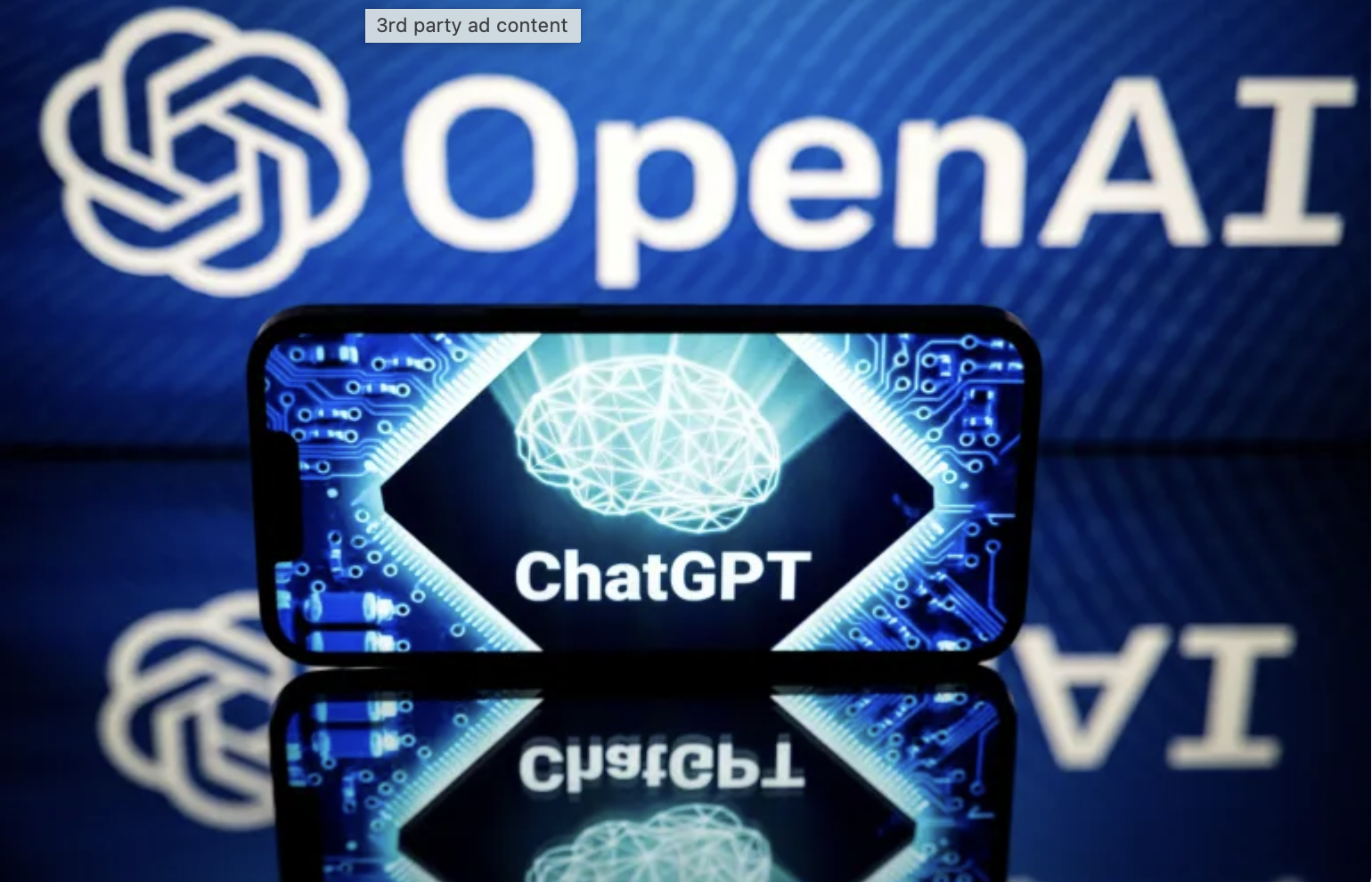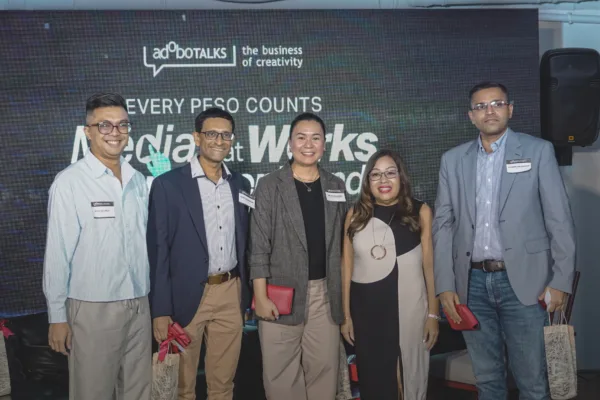by Jan Michael Carpo, Reporter
Just as artificial intelligence is rapidly transforming industries and businesses, OpenAI, the powerhouse behind the revolutionary ChatGPT chatbot, is also undergoing a significant transformation.
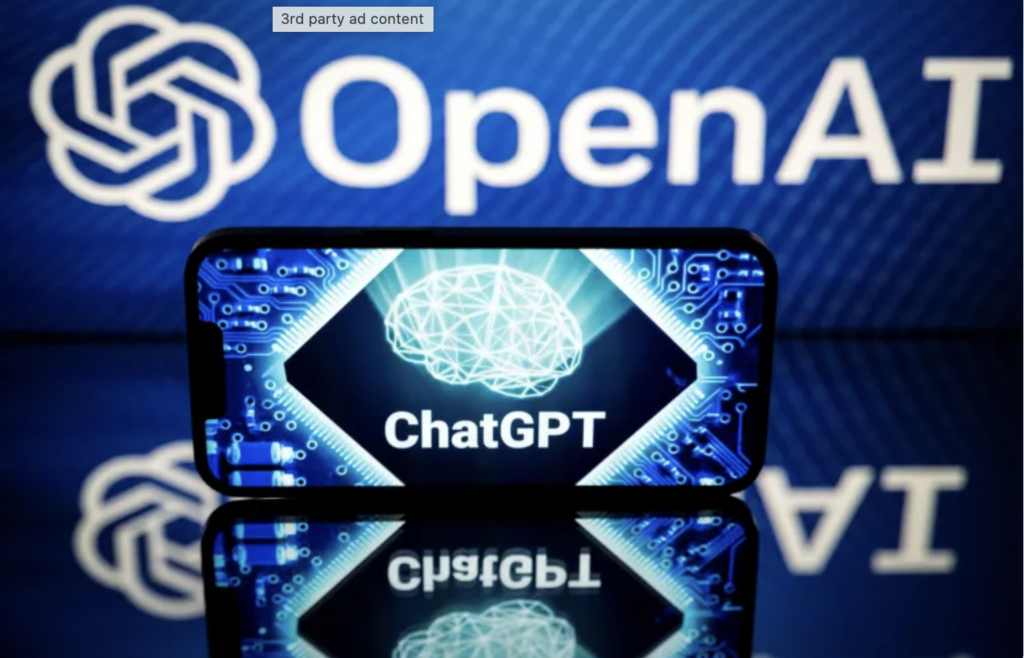
The company, which was initially established in 2015 as a non-profit championing responsible AI development, is now charting a new course towards a “capped for-profit” structure, ultimately aiming to become a Public Benefit Corporation (PBC).
This shift marks a pivotal moment in the trajectory of artificial intelligence, raising questions about funding, control, and the ethical implications of AI development.
OpenAI’s non-profit ideal and the limits of philanthropy
OpenAI’s inception as a non-profit reflected a noble vision: to foster the development of safe and beneficial artificial intelligence for the betterment of humanity.
However, the sheer scale of resources required to compete in the burgeoning AI race proved daunting. Non-profit structures, while well-suited for philanthropic endeavors, often struggle to raise the kind of capital needed to fuel cutting-edge research and development.
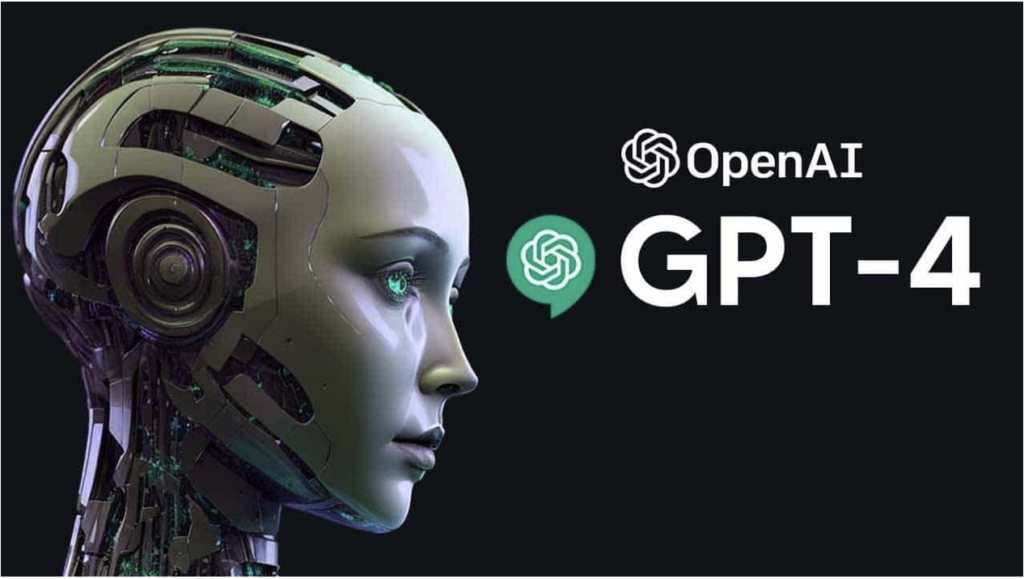
The proposed PBC structure offers OpenAI a compelling solution. Unlike a traditional for-profit company, a PBC is legally obligated to consider the interests of not just shareholders, but also stakeholders and the public good.
This framework allows the company to attract investors seeking financial returns while maintaining its commitment to responsible AI development.
A search gamble: Can they challenge Google?
OpenAI cites the astronomical investments pouring into AI research by major corporations as a key driver behind their decision.
To stay competitive, they argue, they require access to substantial capital, which a PBC structure would facilitate through conventional equity offerings.
Meanwhile, the company’s new ChatGPT Search integrates real-time web searches directly into its AI chatbot, aiming to disrupt traditional search engines. Unlike ad-laden experiences, ChatGPT Search prioritizes credibility through partnerships with publishers and an ad-free interface. This ensures users get trustworthy information alongside AI-generated responses.
However, questions remain. Can ChatGPT Search overcome its limitations, like slower response times and limited source access, to compete with established giants like Google? Free users might also face restricted access to the latest models, hindering wider adoption.
OpenAI’s success hinges on its ability to address these issues and expand access. If they succeed, ChatGPT Search could become a game-changer, offering a more accurate and reliable search experience for Filipino users.
The race for AI-powered search is heating up, and OpenAI’s gamble could redefine how we navigate the digital world.
The Elon Musk factor and lingering uncertainties

OpenAI’s transformation from a non-profit to a for-profit entity has hit a major roadblock: a lawsuit filed by co-founder Elon Musk, who alleges that OpenAI has deviated from its original non-profit mission of developing AI for the benefit of humanity. Musk also claims the company has become overly focused on profit and has prioritized commercial interests over its ethical and societal responsibilities.
According to pundits, the lawsuit is likely to center around OpenAI’s transition from a non-profit to a “capped-profit” and ultimately towards a for-profit model. Musk may argue that this shift violates the original founding principles and compromises the company’s ability to fulfill its intended purpose.
Other possible reasons include:
- Protecting his own AI interests — Musk has launched his own AI company, xAI, and may view OpenAI’s success as a direct competitor.
- Concerns about AI safety — In past interviews, Musk has publicly expressed concerns about the potential dangers of unchecked AI development. He believes that OpenAI’s pursuit of profit is prioritizing short-term gains over long-term safety considerations.
- Protecting his initial investment: As a co-founder, Musk also believes that his initial investment in OpenAI was made under different assumptions and that the company’s current trajectory undermines the return on that investment.
As of the writing, Musk’s motivations still remain shrouded in mystery, yet this legal challenge threatens to derail OpenAI’s ambitious plans. What is certain, however, is that the lawsuit adds a dramatic twist to the ongoing saga, raising questions about the future of AI development and the potential for internal conflicts to derail even the most groundbreaking innovations.
The future of OpenAI: Balancing profit and progress
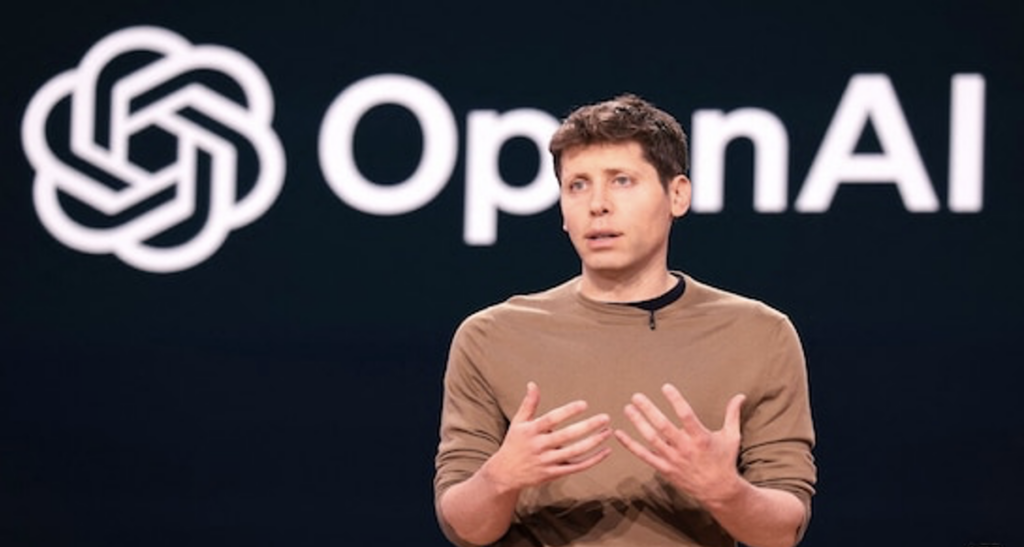
OpenAI’s restructuring plans raise a critical question: can a for-profit entity, even a PBC, remain true to its original mission of responsible AI development?
The success of this model hinges on OpenAI’s ability to strike a delicate balance between generating profits and upholding its ethical principles.
OpenAI’s evolution from a non-profit to a PBC marks a significant development in the field of artificial intelligence. The company’s success or failure in this new structure will have far-reaching implications, shaping the future of AI research and its impact on society.
As OpenAI navigates this uncharted territory, the world will be watching with keen interest to see if they can achieve financial sustainability while remaining a champion for responsible AI.




